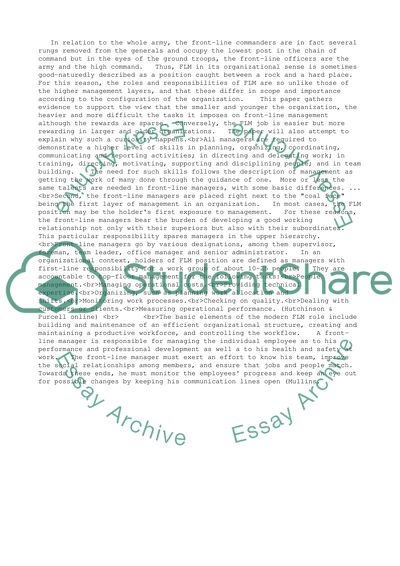Cite this document
(“Front-line Management Essay Example | Topics and Well Written Essays - 3000 words”, n.d.)
Front-line Management Essay Example | Topics and Well Written Essays - 3000 words. Retrieved from https://studentshare.org/business/1519231-front-line-management
Front-line Management Essay Example | Topics and Well Written Essays - 3000 words. Retrieved from https://studentshare.org/business/1519231-front-line-management
(Front-Line Management Essay Example | Topics and Well Written Essays - 3000 Words)
Front-Line Management Essay Example | Topics and Well Written Essays - 3000 Words. https://studentshare.org/business/1519231-front-line-management.
Front-Line Management Essay Example | Topics and Well Written Essays - 3000 Words. https://studentshare.org/business/1519231-front-line-management.
“Front-Line Management Essay Example | Topics and Well Written Essays - 3000 Words”, n.d. https://studentshare.org/business/1519231-front-line-management.


